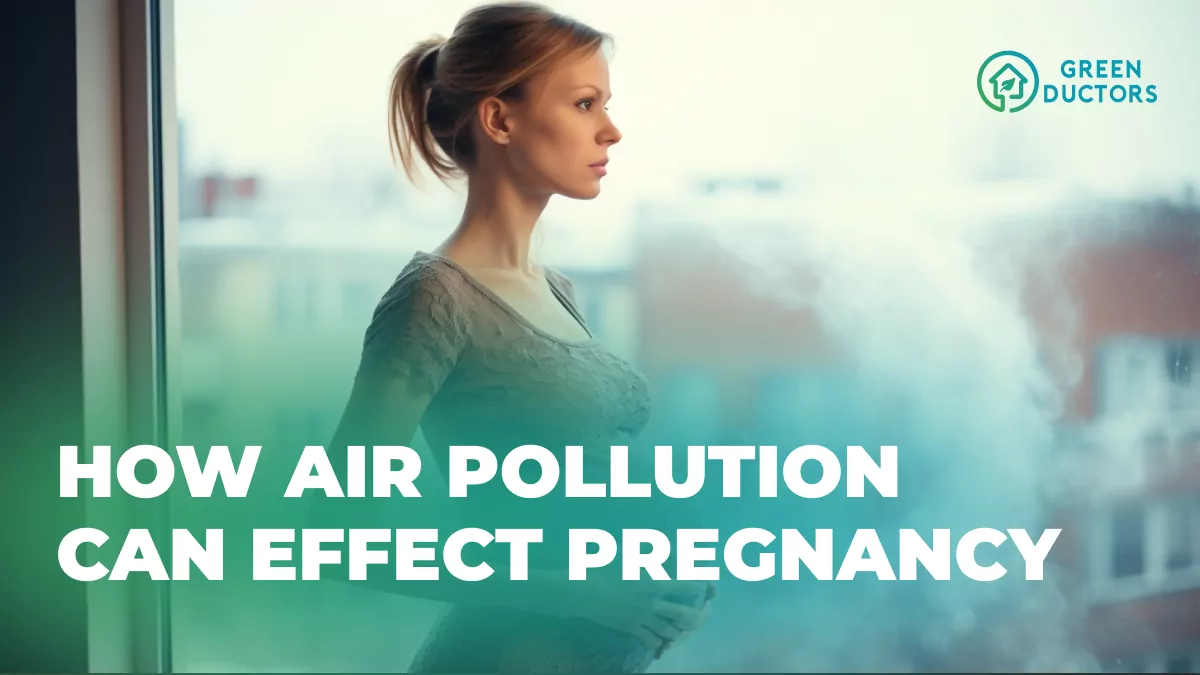Pregnancy is a period when a woman needs to be taking care of her health constantly. Because this time there are two of you in the boat. Parents are responsible for the fragile well-being of a child.
Congratulations on your growing family!
We breathe polluted air during pregnancy, and this is what we get:
Low birth weight
On average, 1 out of 12 children in America are born underweight – for several reasons – it is still assumed that the cause of the complication is exposure to air pollution during pregnancy.
A typical pregnancy is giving birth to a baby weighing from 6 to 9 pounds at a term of 38-40 weeks. Babies under 5 pounds 8 ounces are considered “low birth weight.”
Preterm birth
According to the Stockholm Environment Institute study, nearly 3 million babies per year are born prematurely due to air pollution problems.
18% of annual preterm births were due to exposure to particulate matter. If they were born prematurely, children are at risk of neurological disorders and physical disabilities. Although preterm birth can happen for many reasons, air pollution exposure should be avoided.
Autism
A Harvard study in 2018 revealed that women exposed to particulate matter during the third trimester were more likely to have a baby with autism, mainly if they lived near a high concentration of PM levels.
Note: Women exposed to the same PM level at the beginning of pregnancy did not experience an increased risk of having a baby with autism.
Asthma
Air pollution intensifies asthma. During pregnancy, asthma can cause preeclampsia, blood pressure rises, and liver and kidney function weakens.
By eliminating triggers and preventing asthma, you can achieve an optimal stable state for you and your child. If no action is taken to treat asthma, your baby will suffer from a lack of oxygen, which will lead to poor growth, premature birth, and low birth weight.
Studies show that exposure to air pollution increases the chances of a fetus developing asthma later from the age of 4 to 12 years old since PM breaches the placenta.
During pregnancy, all organs of the body develop, and the effect of pollutants can affect these organs and the entire fetus in a way that can have life-long consequences.
According to the World Health Organization:
Air pollution contributes to 4.2 million deaths each year. In 1973, at the origins of studies on the effects of air pollution on childbirth in Los Angeles, a link between the effects of air pollution in the womb and low birth weight was found. Since then, researchers have uncovered various factors affecting the health of babies.
Prenatal effects of air pollution from vehicles can also affect the birth weight of babies, periods of pregnancy, and lung health after birth and later in life.
Studies show that exposure to pollution while in the womb may also lead to sleep disorders and behavioral problem
Real Lab Studies and the Results
Researchers conducted experiments with rats in animal behavior studies at Texas A&M University, exposing pregnant females to ultrafine ammonium sulfate particles. Ammonium sulfate is a common air pollutant from industry and vehicle emissions. The study discovered that offsprings of pollutant-exposed rats had lower birth weights, were born sooner, and were more likely to be stillborn.
In studies of humans, the pollutant type is not as important as the size. The smaller the particles are, the more danger they bring to the embryos.
And here’s the explanation why

The tiny particles get deeper into the body than the big particles. PM smaller than 2.5 μm in diameter, especially ultrafine particles that are 0.1 μm or more minor, can move through tissue. They go through cell membranes and build up in lung lining cells. 0.1 μm particles can cross the blood-brain barrier and can reach the placenta.
The ability of tiny particles to travel through the mother’s body and potentially into the fetus could be how air pollutants cause health and developmental problems in children
How Indoor Air Purification helps to maintain mothers’ health
House Cleaning
- Clean up the dust build-up regularly and vacuum the carpet or the floor
- Change your chemical household cleaners to non-chemical ones
- Open windows to refresh the room air (for at least 15 min a day)
Professional Cleaning
- Get your AC filters cleaned once a year
- Air ducts and Dryer vent cleaning is also a must on an annual basis
- Make sure there are no Mold spores in your bathroom or pantry; if there is a course of contamination – use professional service for UV lamps to burn the spores out
Air Quality Monitor set up
Please read on the Case Study page how beneficial Monitoring Air Quality is and what problems it helps solve.
ERV
The automated system that helps to regulate airflow minimizes VOC, CO2, and PM2 levels. The best solution on the market for 2019-2020.
Despite data from scientific experiments at Texas, California, and Harvard, correlation studies do not explain the exact mechanism of how exactly the fetus is exposed to air pollution in the mother’s body by mothers.


